What kind of games do you play?
/You might answer this question with chess, basketball, Call of Duty, Overwatch, tennis, poker, or Dungeons & Dragons. But now, if I ask you, “What type of game is your current change or transformation effort at your organization?” What is your answer? Most people I have asked that question are not sure how to respond. We look at games as something we do for fun and leisure and sometimes will incorporate into a learning activity, but we generally don’t consider games a serious activity.
There is the concept of finite and infinite games that James Carse detailed in his book “Finite and Infinite Games: A Vision of Life as Play and Possibility.” Carse’s main concept is that there are both a) finite games and b) infinite games. Finite games have fixed boundaries and rules, and there is someone who wins, which results in the game ending. On the other hand, infinite games have no fixed boundaries or rules, and the purpose is to continue the game indefinitely with no ending.
One type of game is not better than the other. They both serve a purpose. But, it does matter what type of game is intended and played by those playing.
Friction can arise if you play a finite game in an infinite-game way or vice versa. There are also “advantages” and “disadvantages” you will have if you are playing a finite game and others you are playing with are playing an infinite game.
Regarding my question above, most organizational change or transformation efforts are treated as a finite game. There is a start and an end, and rules are laid out with an objective goal in mind. Accordingly, an organization’s players, namely employees and other stakeholders, look to play a finite game and win.
While treating change efforts as a finite game clearly helps organizations plan and invest, does this approach hinder sustaining change? My proposition is yes. This is because sustaining changes like digital, data literacy, customer-centric, and product-oriented transformations have no finish. They need to be treated as a game that continues and without winners and losers but rather how an organization and its stakeholders benefit from playing the game.
Maybe you buy into this concept, and your next question is, “How do I do it?” Here are some general things to consider as you design your transformation game:
Establish leadership support for an infinite game approach.
Communicate and incentivize people involved in leading the transformation to design and support an infinite game.
Establish and support councils and communities that will help drive transformation and sustain it.
Establish metrics that incentivize an infinite game.
Thinking of your large transformations as an infinite game will help ensure they sustain and have maximum benefit. Good luck with your transformation game, and I hope it is well played.
No matter what happens, keep playing and have fun doing what you do.




